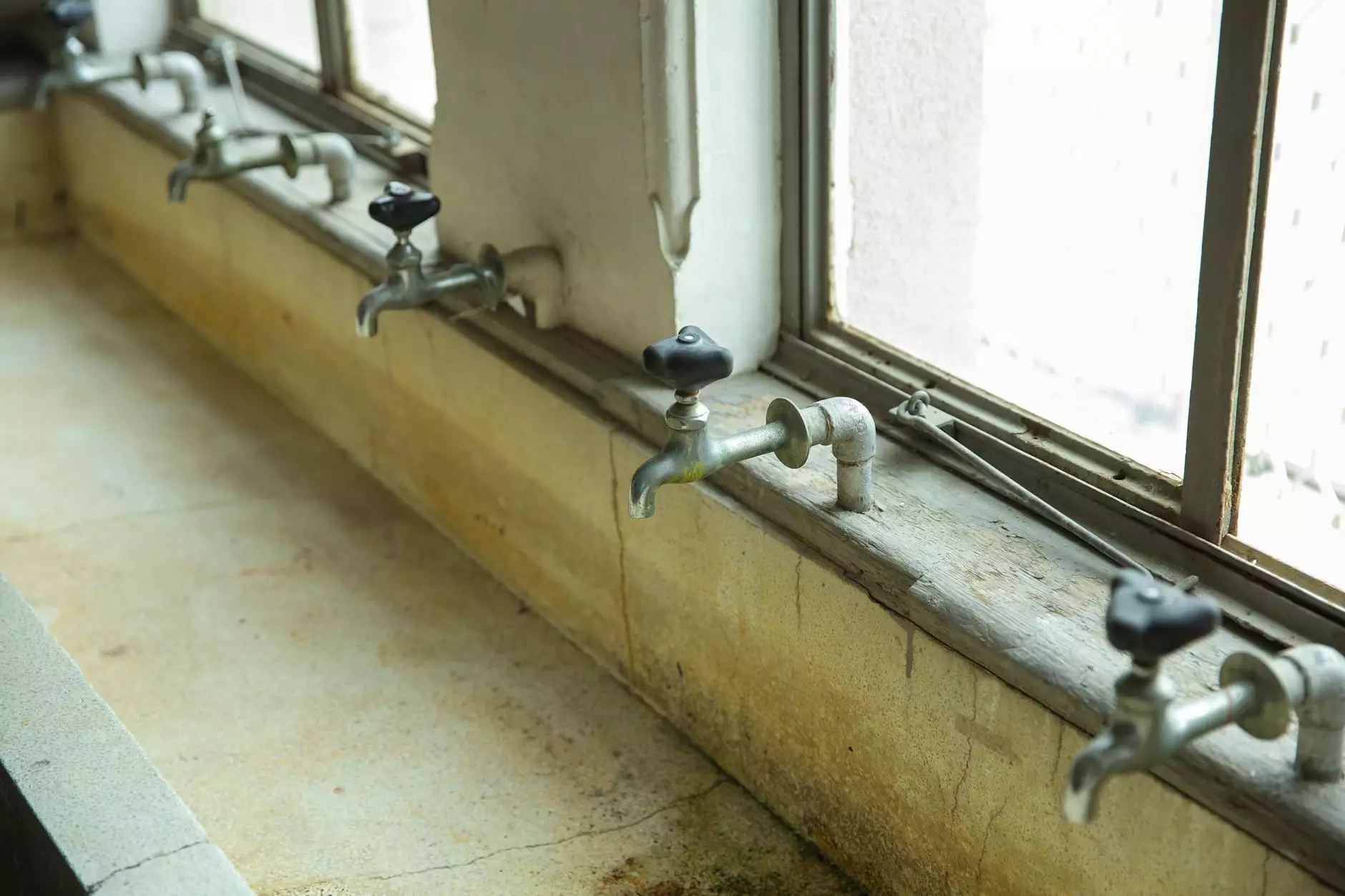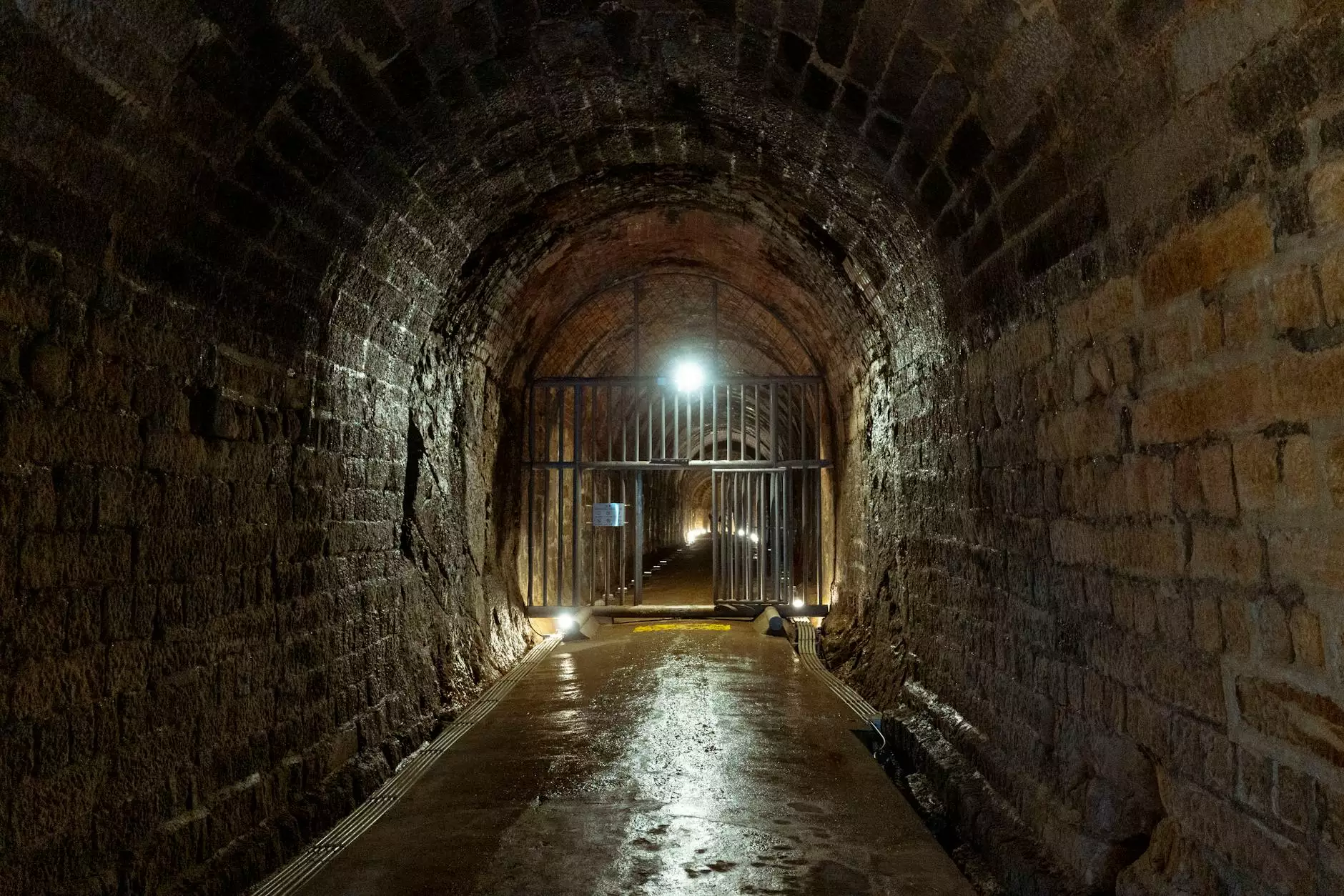Understanding Hydraulic Ball Valves: A Comprehensive Overview

Hydraulic ball valves are vital components in various industrial applications, offering excellent control over fluid flow. In this article, we will delve into the intricacies of hydraulic ball valves, their operational mechanisms, advantages, applications, and the reasons why they are essential in modern industries. By the end of this in-depth guide, you will have a solid understanding of hydraulic ball valves and their importance in enhancing efficiency and performance.
What is a Hydraulic Ball Valve?
A hydraulic ball valve is a type of valve that uses a spherical element (the ball) with a hole through its center to control fluid flow. When the valve is open, the hole aligns with the flow direction, allowing fluid to pass through. Conversely, when the valve is closed, the ball rotates to block the flow. This design provides an excellent seal and quick shut-off capability, making hydraulic ball valves a preferred choice in numerous applications.
Key Components of Hydraulic Ball Valves
- Ball: The core component that regulates flow.
- Body: The outer casing that houses the ball and other components.
- Seat: The ring that provides a sealing surface for the ball.
- Actuator: A mechanism that operates the valve, which can be manual, electric, or pneumatic.
How Does a Hydraulic Ball Valve Work?
The operation of a hydraulic ball valve is quite simple yet effective. The ball contained within the valve body has a hole that permits flow when positioned in-line with the pipe. Rotating the ball through 90 degrees closes the valve, thus stopping the flow. This straightforward operation offers several advantages over traditional valves, such as gate or globe valves.
Advantages of Using Hydraulic Ball Valves
Hydraulic ball valves come with numerous advantages, contributing to their widespread use in various industries:
- Quick Operation: Hydraulic ball valves can be fully opened or closed with just a quarter turn, facilitating rapid system adjustments.
- Low Friction: The design minimizes friction during operation, reducing wear and tear and extending the valve's lifespan.
- Sealing Performance: Provides an excellent seal, preventing leaks and maintaining system integrity.
- Versatility: Suitable for various fluids, including water, oil, and gases, making them adaptable to numerous industrial applications.
- Durability: Made from robust materials, they are designed to withstand high pressures and harsh environmental conditions.
Applications of Hydraulic Ball Valves
Hydraulic ball valves are utilized across various sectors, reflecting their versatility and effectiveness.
1. Oil and Gas Industry
In the oil and gas sector, hydraulic ball valves are critical for controlling the flow of crude oil, natural gas, and other process fluids. Their reliability helps ensure safe and efficient operations.
2. Water Treatment Plants
Water treatment facilities employ hydraulic ball valves to regulate water flow through various treatment processes, ensuring the consistent quality of potable water.
3. Chemical Processing
The chemical industry relies on these valves to handle corrosive and hazardous substances. The robust design of hydraulic ball valves provides the necessary durability and sealing capability.
4. Power Generation
From nuclear to renewable energy sources, hydraulic ball valves are integral in managing fluid systems within power plants, enhancing operational reliability.
5. Manufacturing
In manufacturing environments, hydraulic ball valves are used to control hydraulic systems, significantly impacting machinery efficiency and productivity.
Choosing the Right Hydraulic Ball Valve
Selecting the appropriate hydraulic ball valve for your application involves considering various factors:
- Material: The valve material must be compatible with the fluid being transported. Common materials include stainless steel, brass, and PVC.
- Size: Ensure the valve size matches your piping to maintain optimal flow rates and pressure.
- Pressure Rating: Choose a valve that can handle the maximum pressure of your hydraulic system.
- End Connections: Verify that the valve's end connections align with your piping systems, whether they are threaded, welded, or flanged.
- Actuation Type: Decide on manual, electric, or pneumatic actuation based on your operational needs and preferences.
Maintenance of Hydraulic Ball Valves
Regular maintenance is essential to ensure the longevity and efficiency of hydraulic ball valves:
- Inspect for Leaks: Regularly check for any signs of leakage around the valve body and connections.
- Clean the Valve: Remove any debris or buildup that can affect operation and sealing.
- Test the Actuator: Ensure the actuator operates smoothly and responds promptly to controls.
- Check for Corrosion: Regularly inspect for any signs of corrosion, especially in chemically aggressive environments.
Conclusion: The Importance of Hydraulic Ball Valves in Modern Industry
Hydraulic ball valves play a crucial role in enhancing the efficiency and safety of fluid control processes across various industries. Their quick operation, excellent sealing capabilities, and versatility make them indispensable components of modern hydraulic systems. When selecting hydraulic ball valves, always consider material, size, pressure rating, and maintenance requirements to ensure optimal performance and longevity.
Visit fitsch.cn for a wide range of fittings for sale, including high-quality hydraulic ball valves tailored to meet your specific needs. Elevate your hydraulic systems' performance with top-notch components designed for reliability and efficiency.









